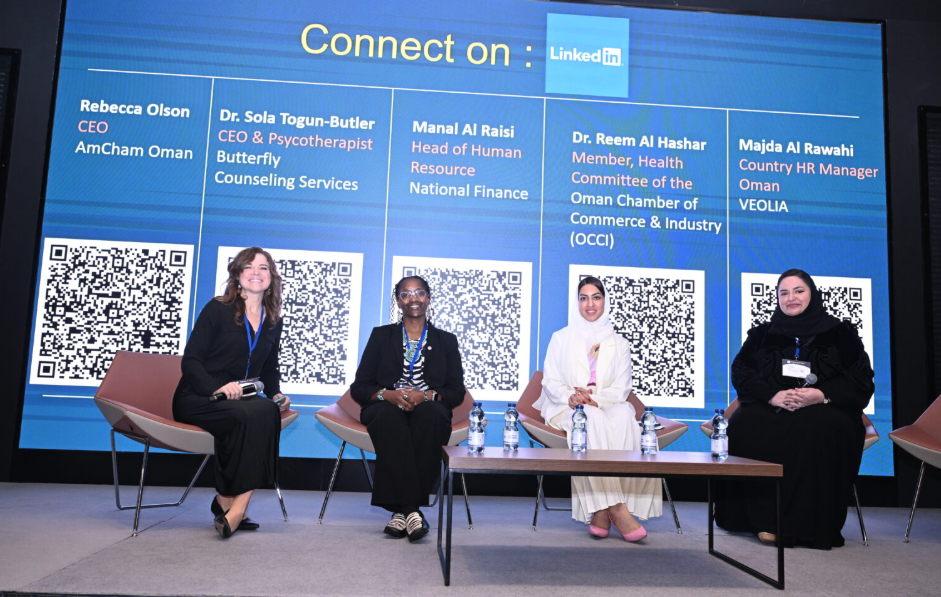
Pranav is a seasoned HR professional with experience of over two decades in performance and rewards. He is an engineering graduate who moved to HR early in his career. He had worked with Products and Information Technology companies in India and UAE. At present, he works with Mastercard as Total Rewards Partner for Asia Pacific, Europe, Middle East and Africa regions. His passion includes operational effectiveness, international rewards and wellbeing.
We are delighted that Pranav will be speaking in Mumbai as part of our India summit. We caught up with him to see how he’s feeling in the runup to the event.
Hi Pranav, we are thrilled that you will be speaking at the Wellbeing at Work India Summit in April. Our first and most important question is, how are you doing today?
I am doing great and excited to be part of the wellbeing summit.
As a leader based in the region, what are the main challenges you are facing when it comes to employee wellbeing and mental health?
Modern life is a constant juggle of work, family, personal space, technology and social life. Employees feel overwhelmed with everything that is going on around them. And many of them are not equipped to cope with the stress generated by this.
What strategies have you seen developing over the past 6 months, both internally and externally, that are moving the dial on wellbeing in the workplace?
Corporate world acknowledges stress in modern life as a health issue and is actively responding to it. There is more appetite for wellbeing initiatives and improving work conditions. Organizations are engaging with professionals to develop coping skills among employees.
Mental health was not discussed openly in past but now employees are more open about it. This is a very positive sign since early diagnosis helps address it more effectively.
Why is employee wellbeing so important to you personally?
Wellbeing directly impacts work environment and employee productivity. A healthy workplace benefits both the employees and the organization.
Personally, I value wellbeing as it improves quality of life for people.
What impact is AI having in your organisation and how are you managing that?
AI holds great potential and possibilities. It is in its nascent stage, and I am exploring it with curiosity.
Other than AI, are there any challenges that you are seeing for the first time and how are you addressing them?
Business environment is getting more volatile. Nationalism is creating new challenges and organizations need to navigate through this by effectively managing public policy and government engagement.
What areas do you think employers should be focused on over the next 12 months?
Employees should focus on reskilling themselves to be relevant in future. They should also develop coping strategies to manage the stress and enhance their own wellbeing.
Do you feel that investment in employee wellbeing in the region is increasing or decreasing and is that a direct reflection on HR leaders’ increasing ability to demonstrate effective returns of their strategies to leadership?
The investment in wellbeing is increasing. It takes time to demonstrate the return on investment in terms of retention, improved productivity and lower medical costs. However, there is acknowledgement that wellbeing is imperative for business success and thus there is growing interest in employee wellbeing among the leaders.
How has your organisation been leading the way?
We have been very active in the employee wellbeing space by offering benefits ranging from family friendly leave to digital wellbeing solutions. Wellbeing is part of the culture and it is made everyone’s priority!
Pranav will be speaking in Mumbai at the Wellbeing at Work Summit India. Further details on the Summit can be found here.



